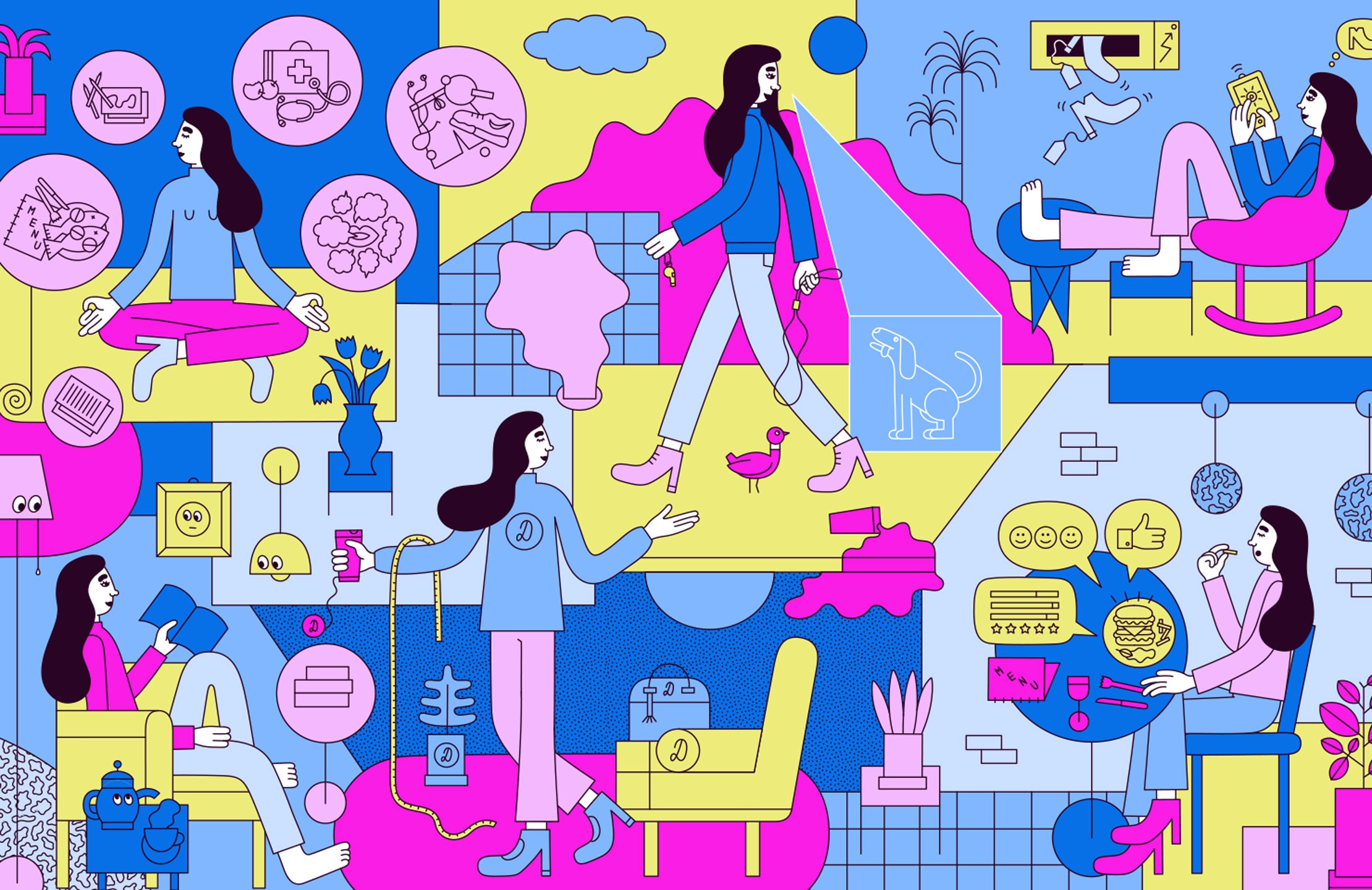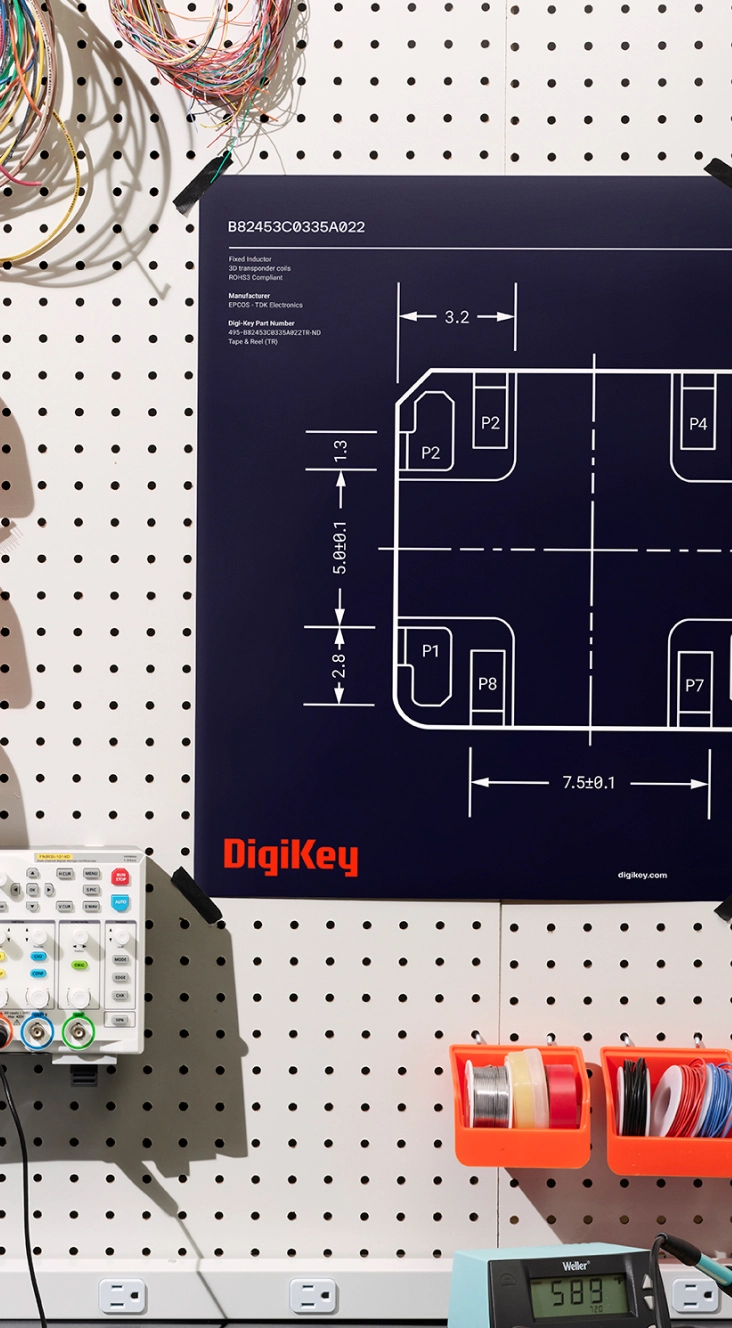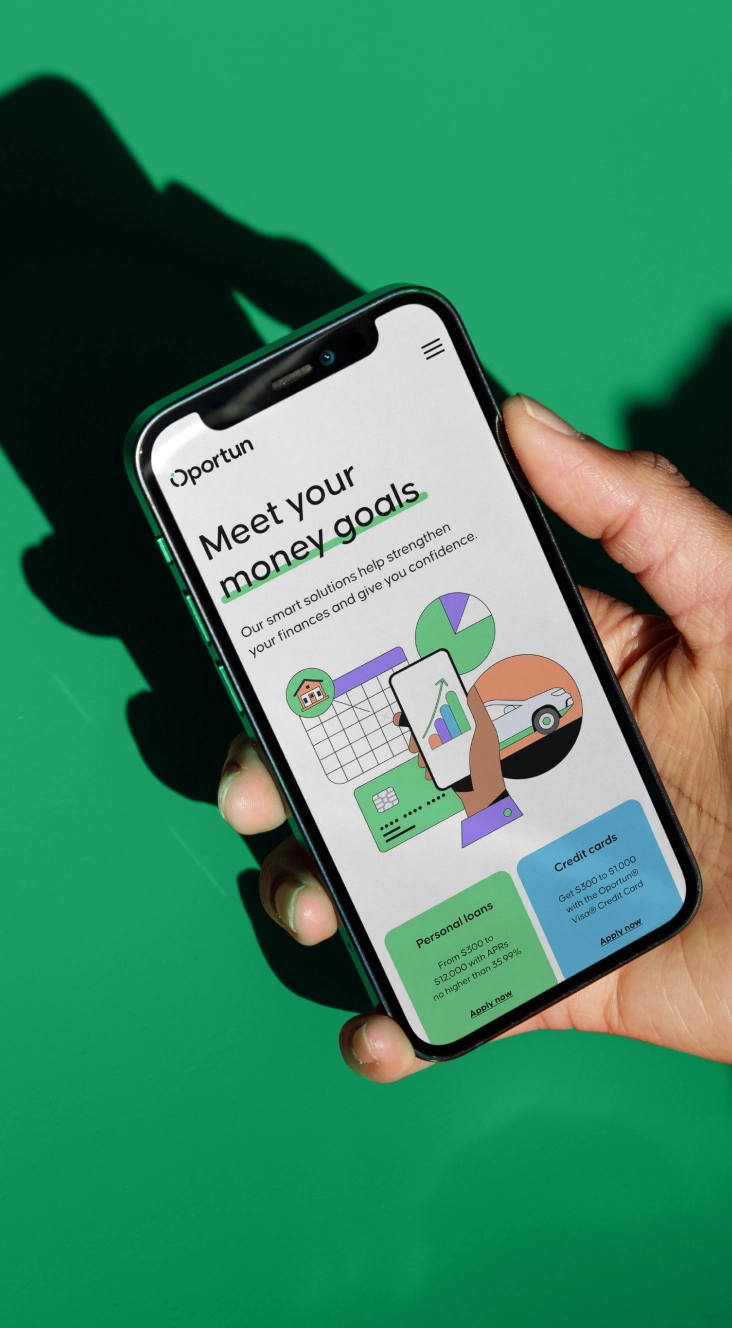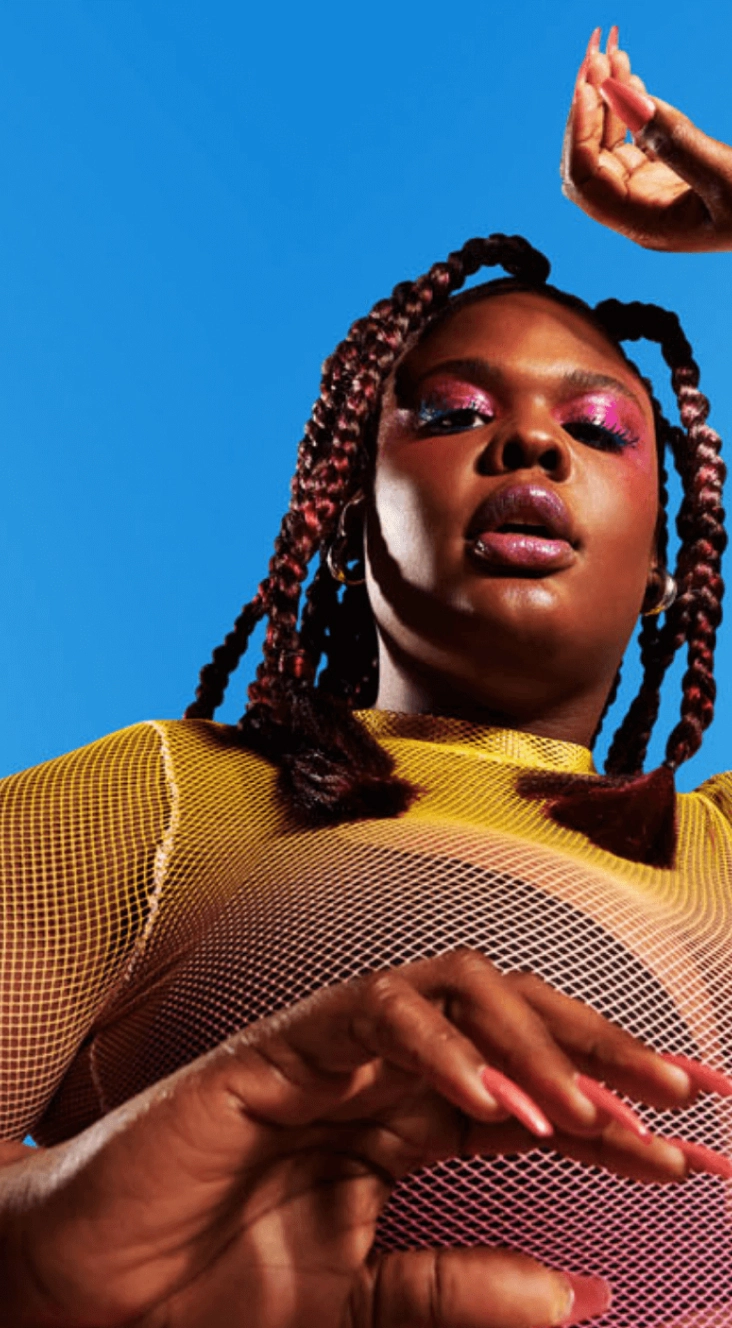视角
Meet Dawn, the Customer of the Future

执行摘要
The six big shifts reshaping the world, and what companies can do to keep up with changing customer needs.
Artificial intelligence. Automation. Virtual reality. Genomics. Anticipating the future is a challenging endeavor. With new technologies have come fundamental questions upon which the future of businesses will rest. Where will people give over control to machines? How will business designs need to change? What will tomorrow’s basis of competition be?
As business leaders, we are not just part of the future—we are creating it. The winners will be the ones who create with the customer of the future in mind.
To address these uncertainties and possibilities, Lippincott carried out a breadth of work across industries that looks over the horizon to provide a more vivid picture of the change ahead. Drawing on a proprietary database of innovative business designs as well as an ongoing study of the behavior of thousands of leading-edge consumers, we unearthed six fundamental shifts shaping the customer of the future.
Six fundamental shifts shaping the customer of the future.
1 | 流动化的生活
The flexibility of constant connectivity and new models of work mean our lives will become increasingly de-located
2 | 信息的透明
In a world of continual monitoring and social experiences, advantage will go to the open
3 | 全能型个体
Technology will give us new opportunities to wield power in line with our personal preferences
4 | On-demand everything
Our appetite for the instantaneous knows no bounds
5 | 智能化的极速增长
With constant access to the world’s knowledge base, we’ll know more than ever and shift whom and how we trust
6 | Synthetic reality
The distinction between “digital” and “real” will continue to blur
Each shift brings with it profound opportunities and uncertainties. Innovators can build around both, and this practical and provocative guide can help prepare companies for the exciting, demanding, and inevitable customer of the future.
谢谢!
如果无法自动开始下载,请点击此处






